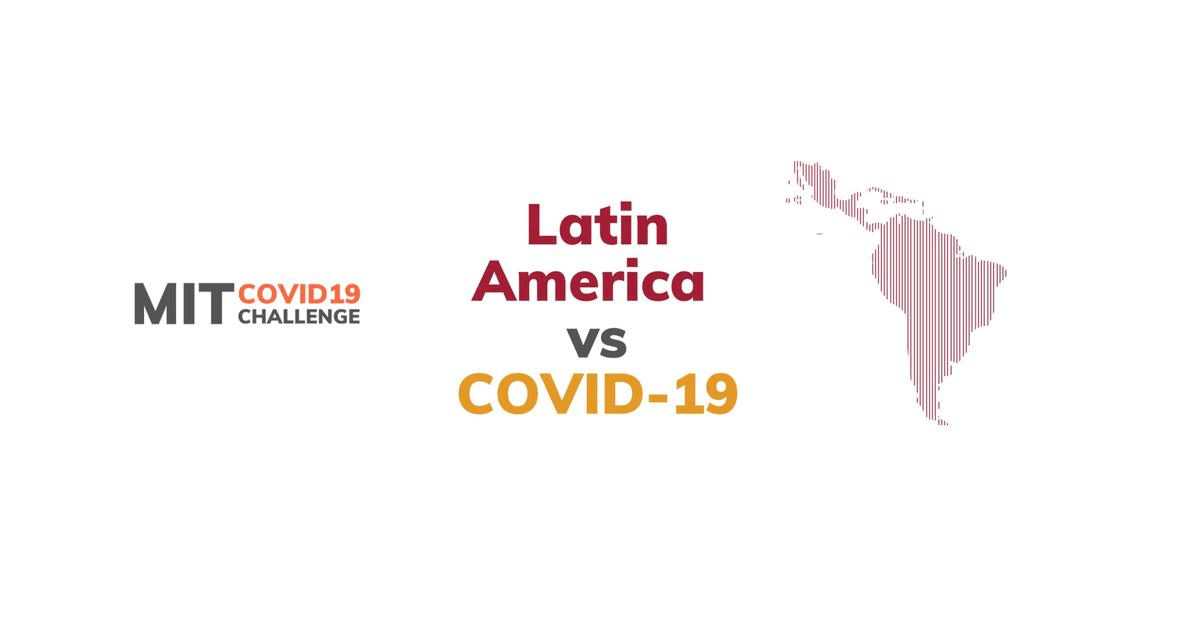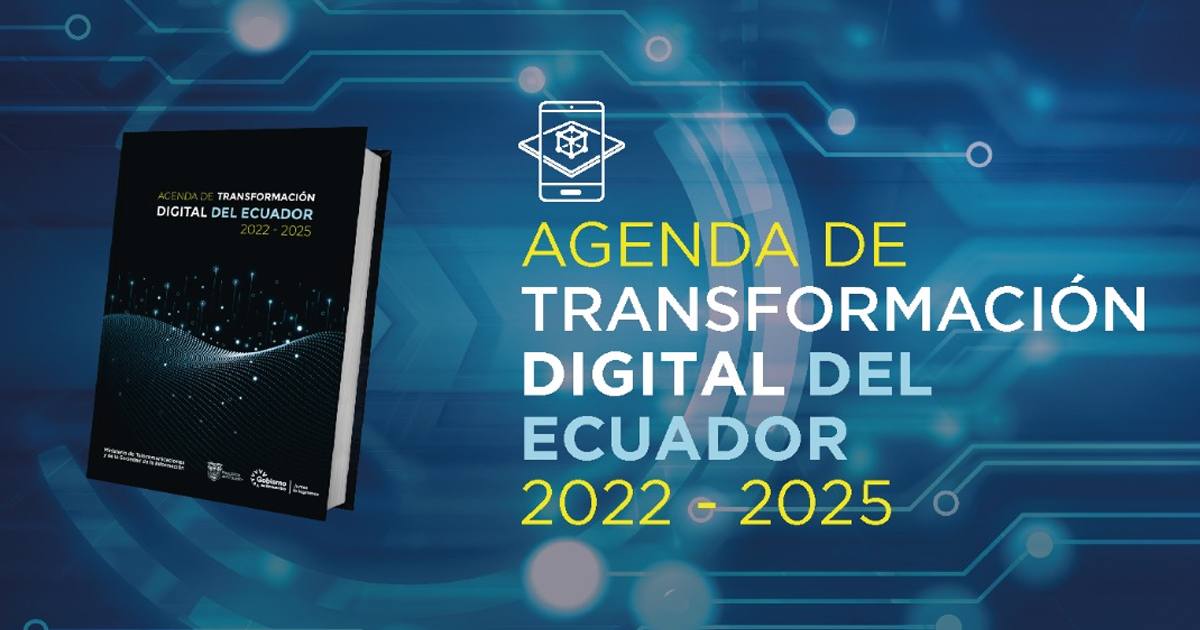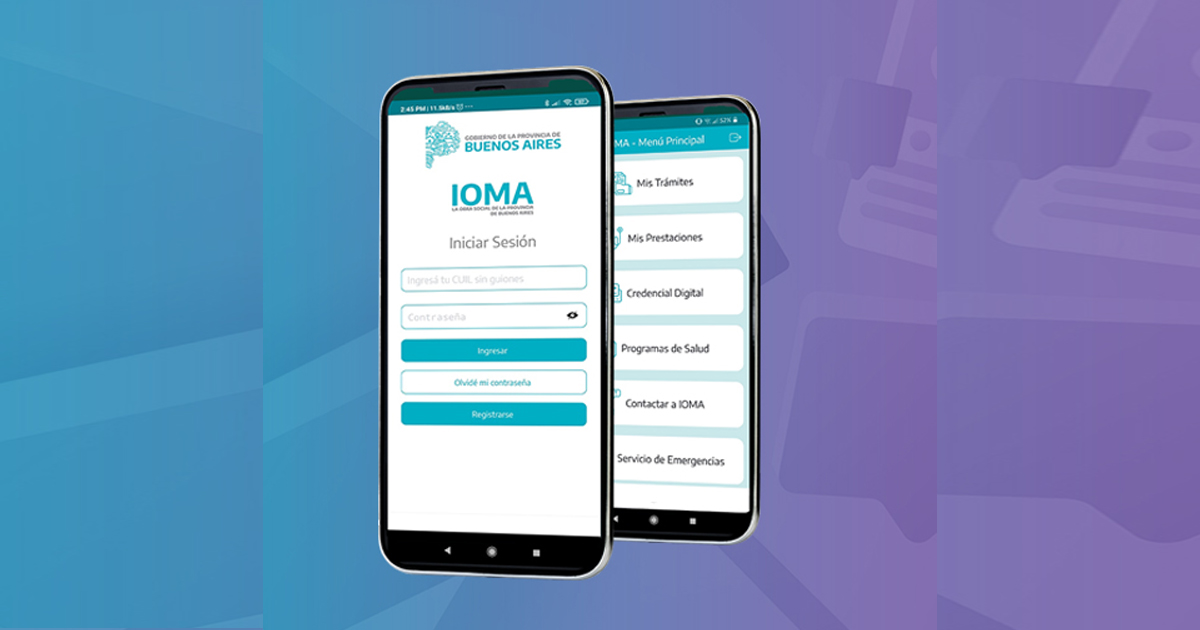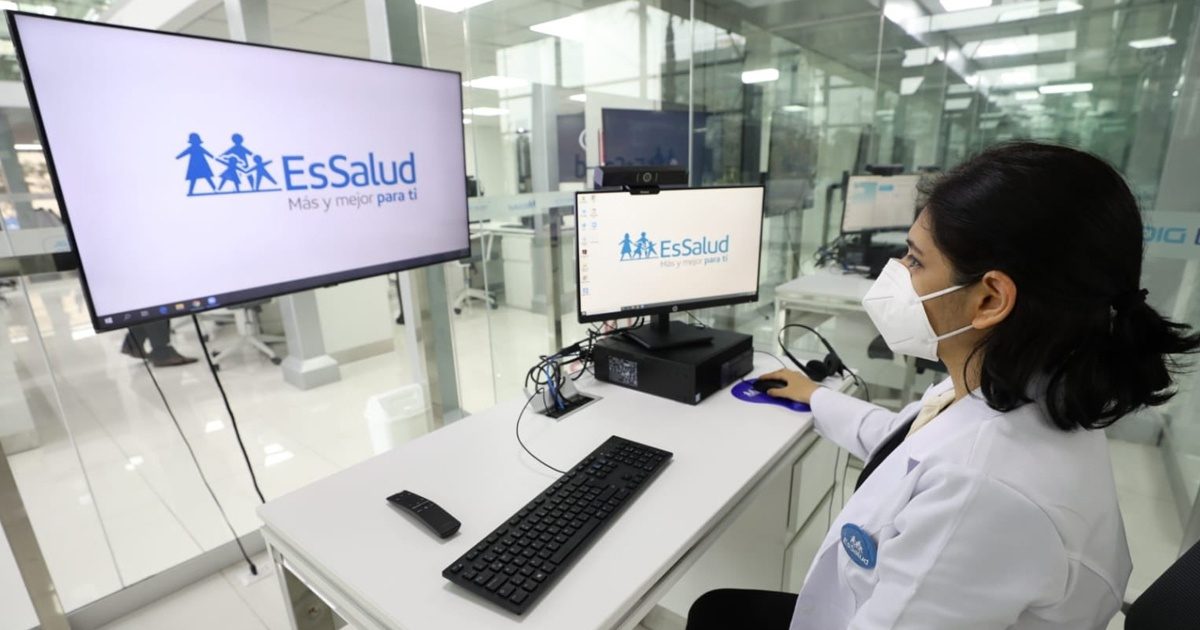As part of the MIT COVID-19 Challenge, a virtual hackathon was performed to drive solutions in the fight against COVID-19.
The Massachusetts Institute of Technology held the Latin America vs COVID-19 event, a virtual event held from June 19 to 21 that consisted of developing solutions that generate a relevant short-term impact (3 to 6 months) in Latin America.
The participants were divided into four categories, "Supporting the Health Systems" which featured four subcategories, in which they highlighted specialized projects in Digital Health. The subcategories were as follows:
- Track A. Identifying the COVID-19 Immune
- Track B. New ways to deliver care in a COVID-19 world
- Track C. Health systems asset coordination, distribution and conversion
- Track D. Healthcare workforce well-being (all population well-being), management and training
The remaining three categories were: "Protecting the Most Vulnerable," "Preventing Misinformation" and "Empowering the Informal Economy."
Within the first category, Mexican students and professionals and students from Mexican universities were part of some of the winning proposals.
Tonatiuh Delgado Figueroa, student of the specialty of Internal Medicine at the University Center of Health Sciences of the University of Guadalajara (UdeG) was part of one of the winning teams along with Antonio Feregrino Lomelín graduated from Tecnológico de Monterrey and Peruvian Dr. María Rosario. His project, Routine immunization with block chain, was one of the winners of Track B.
His project seeks to solve the problem of how to supply vaccines with traceability, fairness and transparency. To do this, the proposed solution was a block chain system that seeks to apply a QR code to vaccines to keep a complete control at every stage of the supply chain until it is applied and discarded.
The system monitors that the vaccine is being transported under ideal temperature conditions. The block chain distributes information to computers to prevent tampering and prevent corruption or vaccines from reaching their final destination. That is, your project grants a process of transparency and biosecurity to record that the whole process through which the vaccine passes before being applied.

The remaining three categories were: "Protecting the Most Vulnerable," "Preventing Misinformation" and "Empowering the Informal Economy."
Within the first category, Mexican students and professionals and students from Mexican universities were part of some of the winning proposals.
Tonatiuh Delgado Figueroa, student of the specialty of Internal Medicine at the University Center of Health Sciences of the University of Guadalajara (UdeG) was part of one of the winning teams along with Antonio Feregrino Lomelín graduated from Tecnológico de Monterrey and Peruvian Dr. María Rosario. His project, Routine immunization with block chain, was one of the winners of Track B.
His project seeks to solve the problem of how to supply vaccines with traceability, fairness and transparency. To do this, the proposed solution was a block chain system that seeks to apply a QR code to vaccines to keep a complete control at every stage of the supply chain until it is applied and discarded.
The system monitors that the vaccine is being transported under ideal temperature conditions. The block chain distributes information to computers to prevent tampering and prevent corruption or vaccines from reaching their final destination. That is, your project grants a process of transparency and biosecurity to record that the whole process through which the vaccine passes before being applied.
Also, as part of Track B, the physician Diego Abelardo Álvarez recently graduated from the Master in Medical Sciences from the Anahuac University was part of the UVC Lights vs COVID-19 project, which consists of disinfecting personal protective equipment for medical personnel to through type C ultraviolet light and thus allow its reuse in the safest way. In this way, there may be a lower risk of contagion among medical personnel when using disinfected equipment and lower costs for hospitals in this type of equipment that is used once.
Another of the winning projects was Med-TV who was part of the Track D. Sulei Bautista, graduated from the PhD in Biomedical Sciences with orientation in Neurosciences of the UdeG, formed together with Venkata Marella of the United States, Galviba Pereira de India, Camilo Segura de Colombia and Shanon Snaden of Canada a teleeducation project for health professionals.
This project seeks to provide health training to health care personnel in rural Latin America and the proposed solution was the creation of a television radio program for health care training, using a low-cost, easy-to-implement phone to conduct a question-by-program session.
The solution is ideal for remote populations that do not have internet access. Due to differences in health systems in Latin America, they decided to implement the project in Bolivia, where only 40% of the population has access to the Internet. Bautista explains that the idea is to implement it in Guatemala, Honduras and other regions of the continent.
Another winning solution within Track D, was Luisa Rivero’s -medical intern at Universidad Anáhuac-, who collaborated with Lara Guimarães, Patrick Fischer, Pablo Illescas Buendía, Claudia Cristina Saldaña Calderón and Katherine Martínez Escalona in the development of the UNIDOSS project. This solution is a response to a problem of unequal distribution of health professionals in Latin America, focused on Mexico. The solution they developed was the creation of a database that meets the demands of each hospital with the available health professionals.
Also, as part of The Track D, Pixan project proved to be one of the winners. In this project, the Mexican Iván Ferrat Engineering in Systems and Computational Graphics student at the Universidad Panamericana, whom together with Julisa Dávila, Miguel Angel Flores, Christian Reátegui, Elías Antuanet, Siddhant Hada and Preksha Machaiya, identified as a problem the deterioration of mental health in health personnel during the pandemic.
The solution proposed by the team to this problem was the implementation of a Virtual Reality (VR) platform, where workers can find exposure therapy experiences, endorsed by psychologists.
The winners of this Hackathon will have the opportunity to develop and implement their solutions supported by MIT partners, as well as logistical support, IT resources and tools to validate and implement their projects.
MIT
https://covid19challenge.mit.edu/latam-vs-covid19/
https://airtable.com/shrGls7sOlHXST7Az/tblDm8oPwukGtMIVg
TALENT REPUBLIC
MEXICO INDUSTRY






